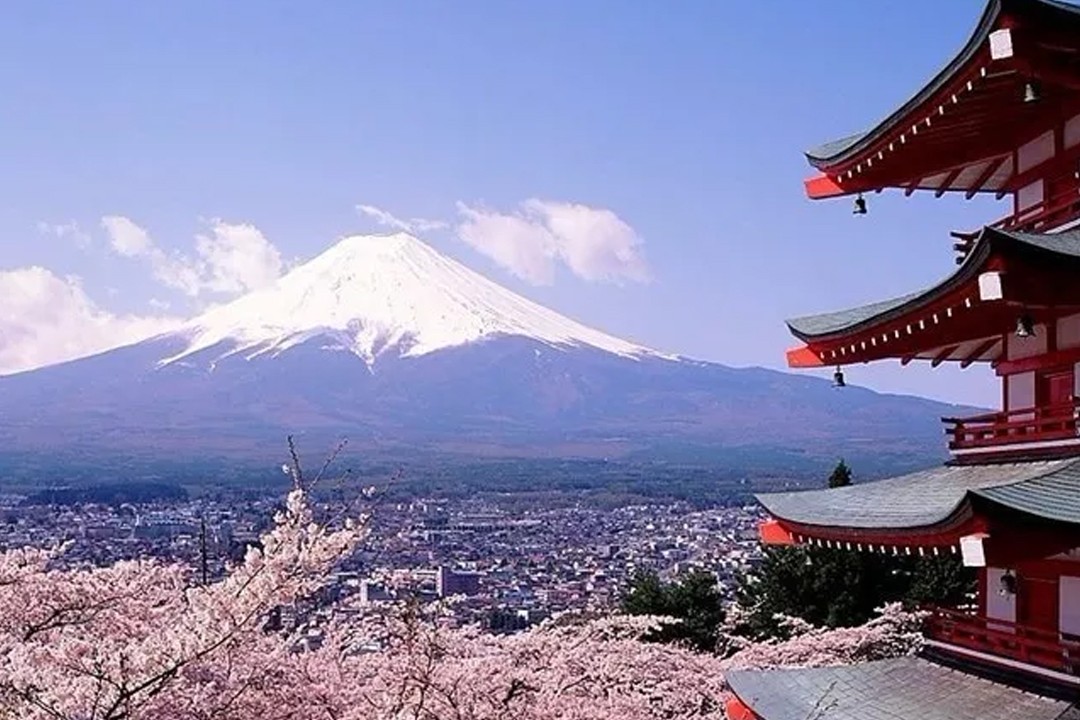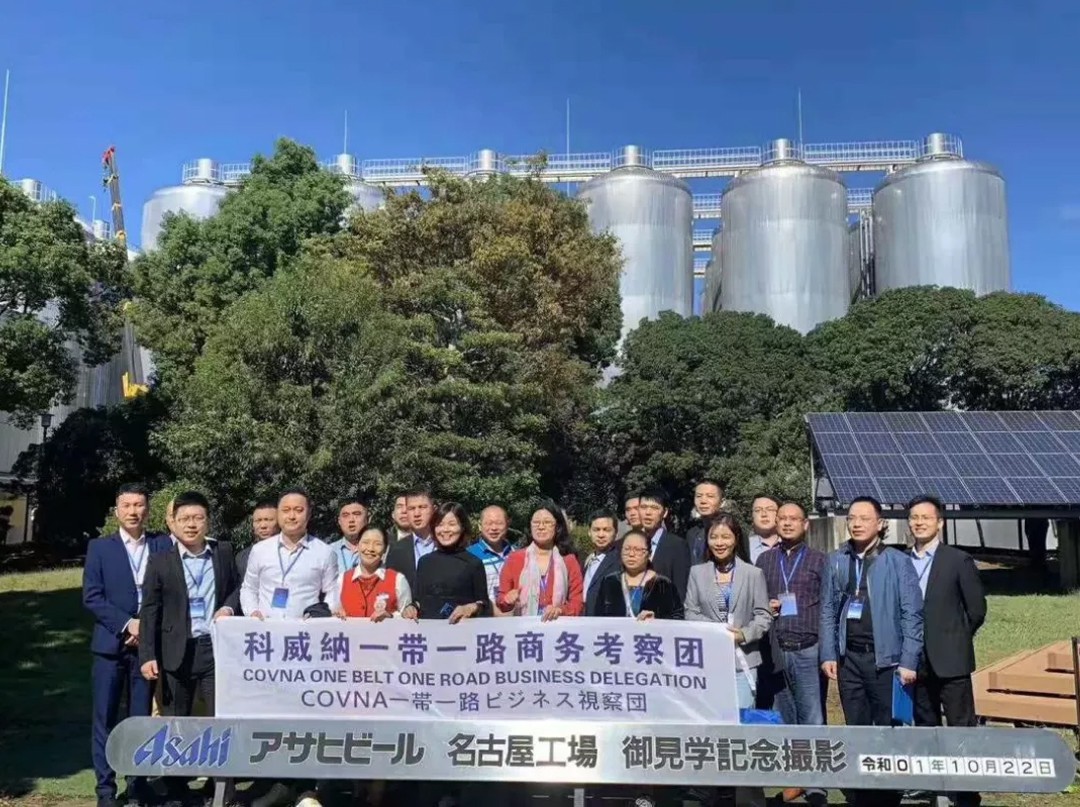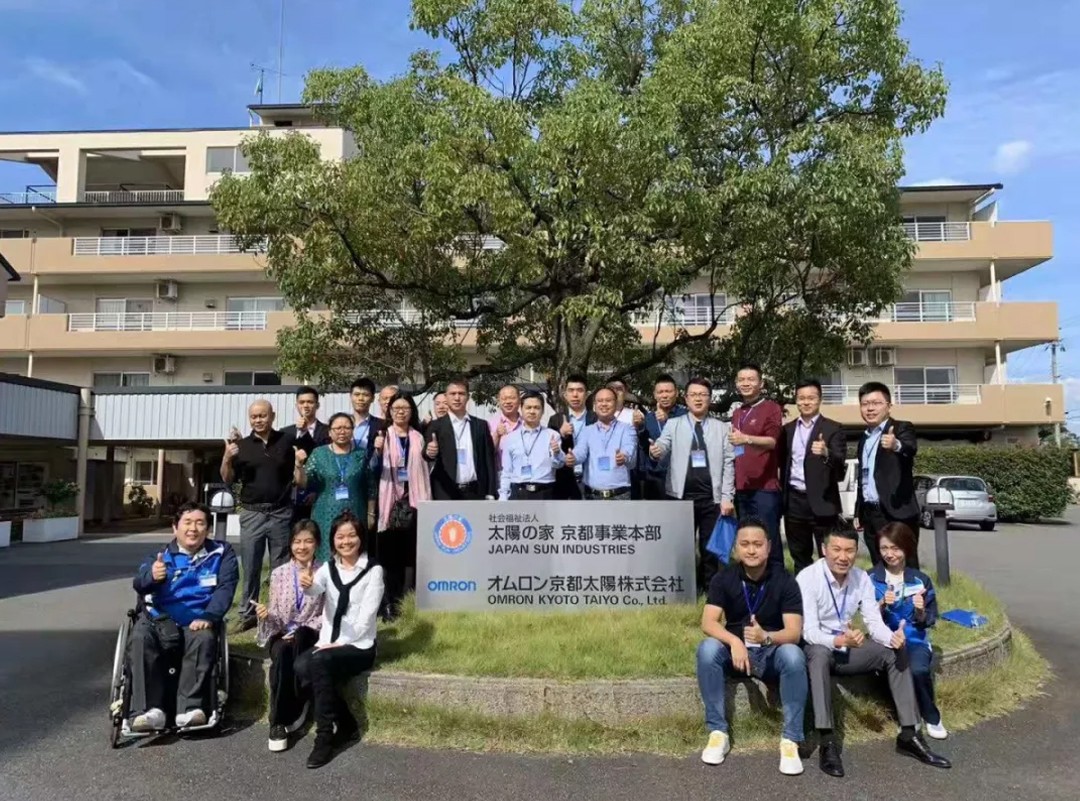In today's world, the tide of economic globalization has swept many enterprises along with it. With continuous trade conflicts arising, numerous businesses have felt the impact, serving as a wake-up call for us. As a developing enterprise, COVNA must adhere to the strategy of combining "bringing in and going out," constantly learning, innovating, and boldly expanding into international markets to adapt to the ever-changing market environment.

Japan is home to the largest number of century-old enterprises in the world. Why do Japanese companies have such longevity? Why, in an era of fierce competition in technology and talent, do Japanese craftsmanship enterprises insist on sticking to their traditional ways instead of blindly following modern trends? Why do they meticulously craft each product as if it were a piece of art, showing endless dedication and perseverance? How do they balance innovation with tradition and maintain their competitiveness in an ever-changing market?
With a mindset of learning, the COVNA Belt and Road Business Delegation ventured into Japan, visiting century-old enterprises to witness firsthand how true craftsmen cultivate the spirit of craftsmanship!

Why Are We Exploring the Spirit of Craftsmanship in Japan?
According to statistics, Japan has 3,146 companies that have been in business for over 200 years, making it the country with the most long-standing enterprises in the world. Why do so many long-lived businesses cluster in Japan? What is the secret to their longevity? The answer lies in craftsmanship spirit!
• In Japan, 7 companies have existed for over 1,000 years,
• 32 companies have lasted over 500 years,
• 3,146 companies have surpassed 200 years,
• More than 50,000 companies have a history of over 100 years.
Among these long-standing enterprises, 89.4% are small and medium-sized businesses with fewer than 300 employees. Even from these simple numbers, we can see why it is necessary to explore the craftsmanship spirit in Japan.
1. Toyota
Toyota is one of the world's top ten automobile manufacturers and the largest in Japan. Founded in 1933, Toyota has gradually surpassed General Motors since 2008, becoming the world's largest automobile manufacturer. Toyota is also the most profitable car company globally and the fastest in production speed, with reports stating that assembling a car takes as little as 85 seconds.


During our visit to Toyota, we experienced firsthand the meticulous and humanized approach to production management in a world-class enterprise. Toyota's success is largely attributed to its unique lean manufacturing system and comprehensive automotive parts supply chain, allowing it to maintain a competitive edge with the lowest costs and highest efficiency.
2. Asahi Breweries
Founded in 1889, Asahi Breweries is located in Nagoya, Japan. It holds a 40% market share in Japan’s beer industry and is one of the most renowned beer manufacturers in the world, with production bases across the globe. Asahi produces a variety of beer brands tailored to different consumers, including Asahi Draft Beer, Fuji-san, Silky, Kuronama (Black Beer), and Super Dry.


To adapt to the rapidly changing business environment, Asahi Breweries has committed to enhancing corporate governance by strengthening group management, improving business transparency, and fostering trust with stakeholders. These initiatives allow the company to remain competitive and socially responsible in an evolving market.
3. OMRON
Founded on May 10, 1933, OMRON has continuously created new social demands and has grown into a globally recognized automation control and electronic equipment manufacturer. The company possesses world-leading sensor and control technologies.

Core Philosophy:
"A company exists to contribute to society." This belief defines OMRON’s purpose and legacy. According to founder Kazuma Tateishi, a company can only sustain itself if it creates value for society, generates profits, and continues to grow. This philosophy has been passed down through generations at OMRON.
Moreover, OMRON is known for its inclusive employment policies, actively hiring people with disabilities and providing them with equal work opportunities. This practice reflects the company’s commitment to social responsibility and corporate ethics.
Of course, these are just a glimpse of what the COVNA Belt and Road Business Delegation experienced in Japan. If you want to travel the world, visit top-tier enterprises, and learn advanced management and production practices, we invite you to join us!
We look forward to welcoming more enterprises to participate in the COVNA Belt and Road Business Delegation and embark on the journey of brand globalization with us!














